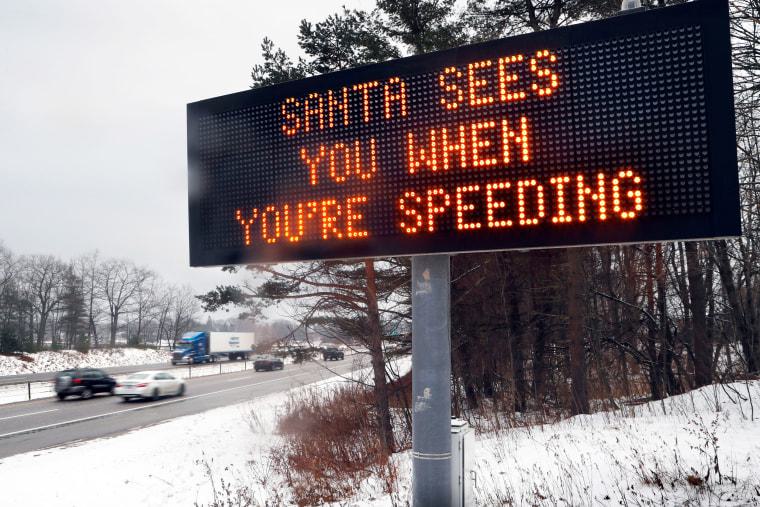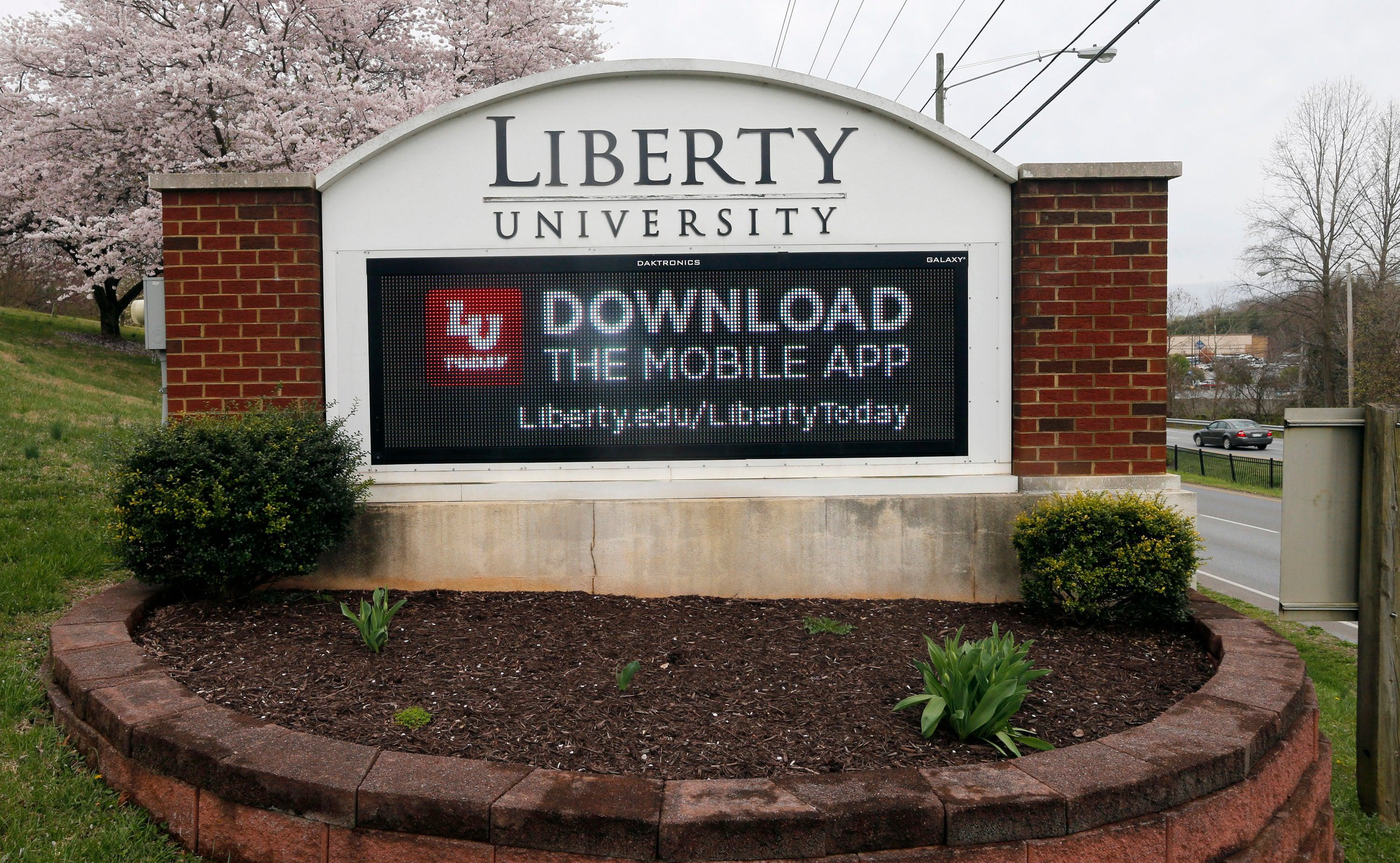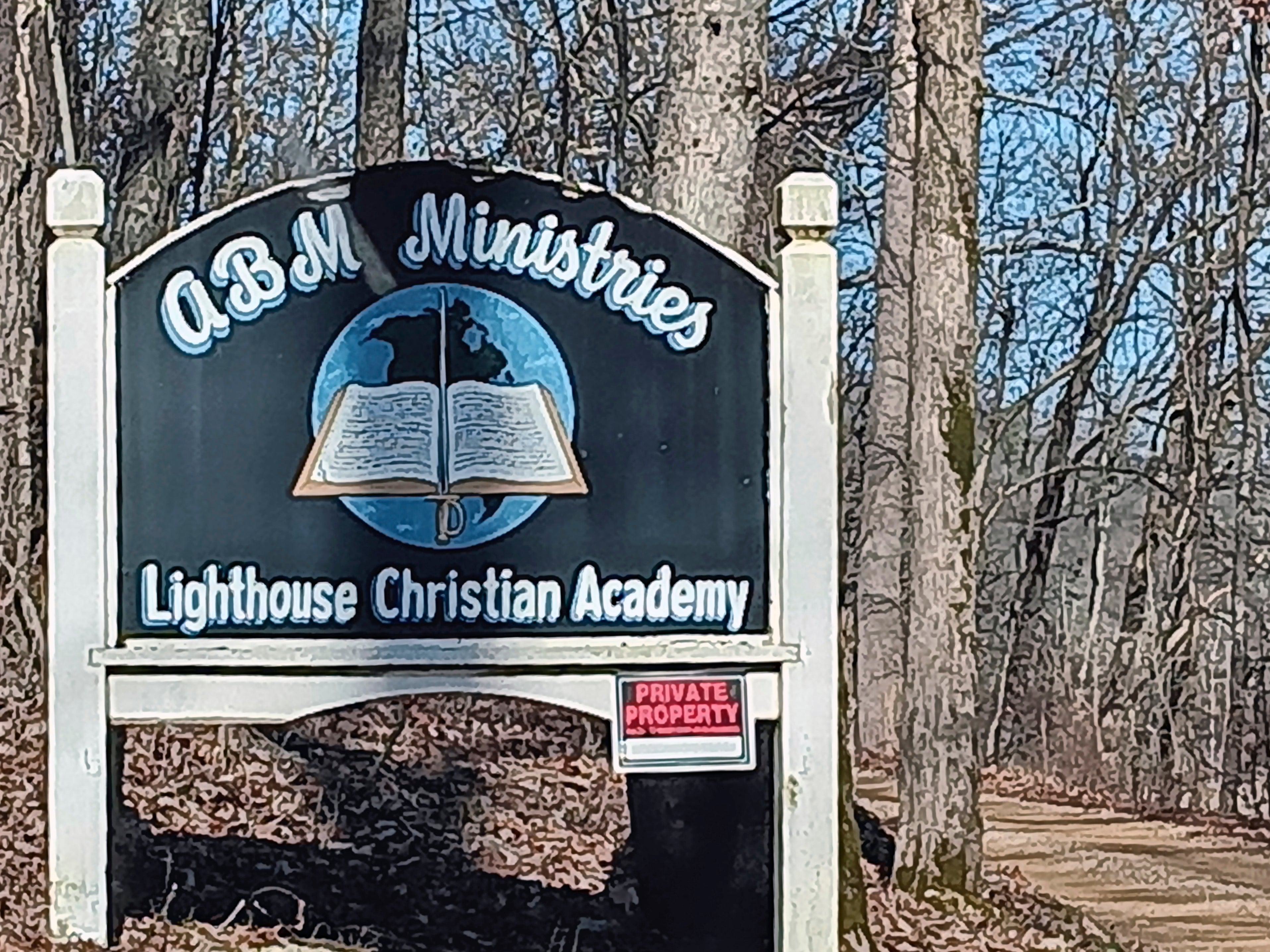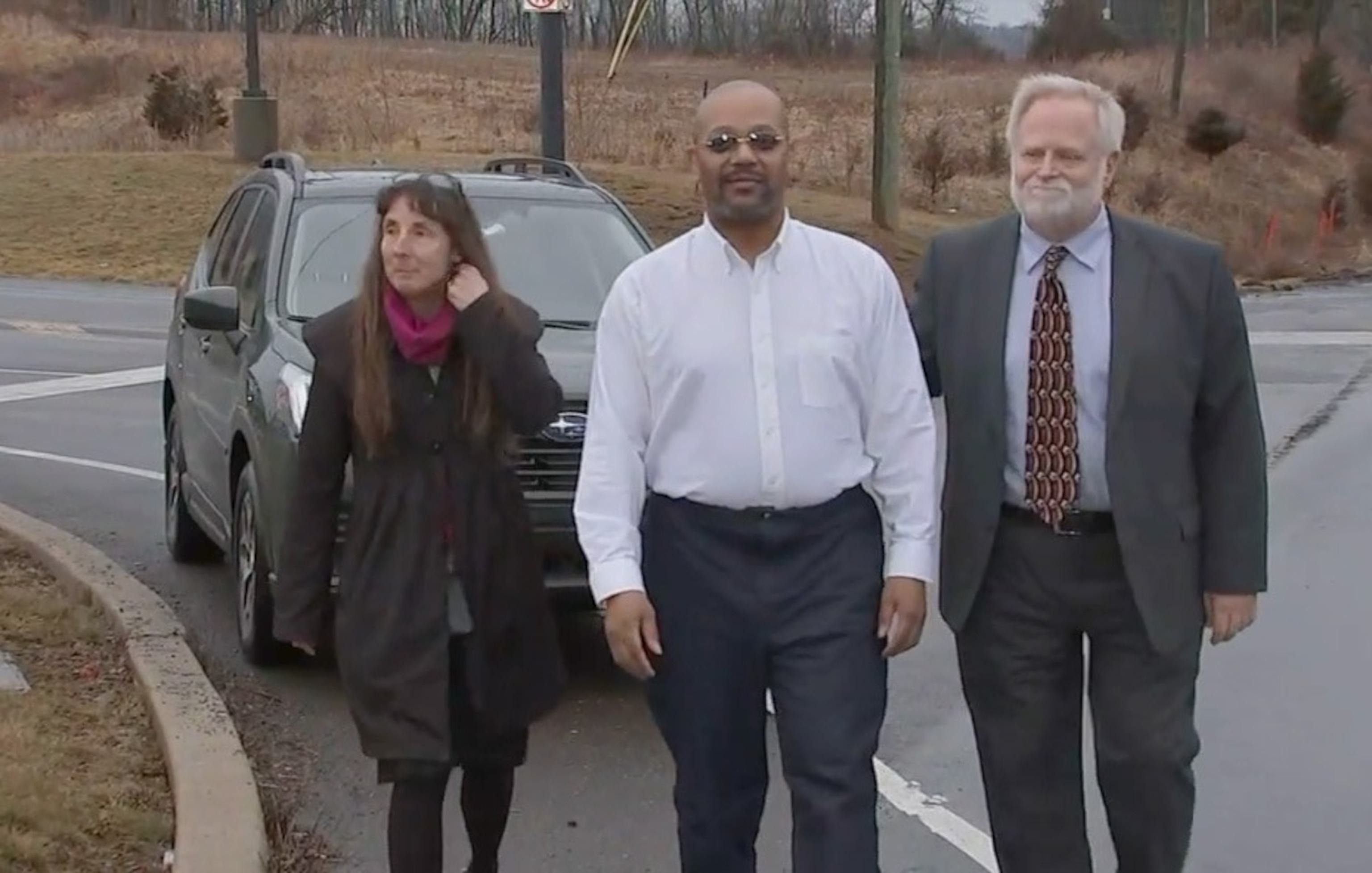Feds Crack Down on Humor in Highway Sign Messages
January 17, 2024 - Reading time: 2 minutes

Introduction: It's no joke.
Humorous and quirky messages on electronic signs will soon disappear from highways and freeways across the country. The U.S. Federal Highway Administration has given states two years to implement all the changes outlined in its new 1,100-page manual released last month, including rules that spells out how signs and other traffic control devices are regulated.
Administration officials said overhead electronic signs with obscure meanings, references to pop culture or those intended to be funny will be banned in 2026 because they can be misunderstood or distracting to drivers. The agency, which is part of the U.S. Department of Transportation, said signs should be “simple, direct, brief, legible and clear” and only be used for important information such as warning drivers of crashes ahead, adverse weather conditions and traffic delays. Seatbelt reminders and warnings about the dangers of speeding or driving impaired are also allowed.
Among those that will be disappearing are messages such as “Use Yah Blinkah” in Massachusetts; “Visiting in-laws? Slow down, get there late,” from Ohio; “Don’t drive Star Spangled Hammered,” from Pennsylvania; “Hocus pocus, drive with focus” from New Jersey; and “Hands on the wheel, not your meal” from Arizona.
Arizona has more than 300 electronic signs above its highways. For the last seven years, the state Department of Transportation has held a contest to find the funniest and most creative messages. Anyone could submit ideas, drawing more than 3,700 entries last year. The winners were “Seatbelts always pass a vibe check” and “I’m just a sign asking drivers to use turn signals.”
State Rep. David Cook, a Republican from Globe, told Phoenix TV station CBS 5 that he didn't understand the fuss. "Why are you trying to have the federal government come in and tell us what we can do in our own state? Prime example that the federal government is not focusing on what they need to be."
The ban on humorous electronic messages aims to ensure driver safety by reducing distractions, but some argue it's an overreach of federal authority.

DW Staff
David Lintott is the Editor-in-Chief, leading our team of talented freelance journalists. He specializes in covering culture, sport, and society. Originally from the decaying seaside town of Eastbourne, he attributes his insightful world-weariness to his roots in this unique setting.




